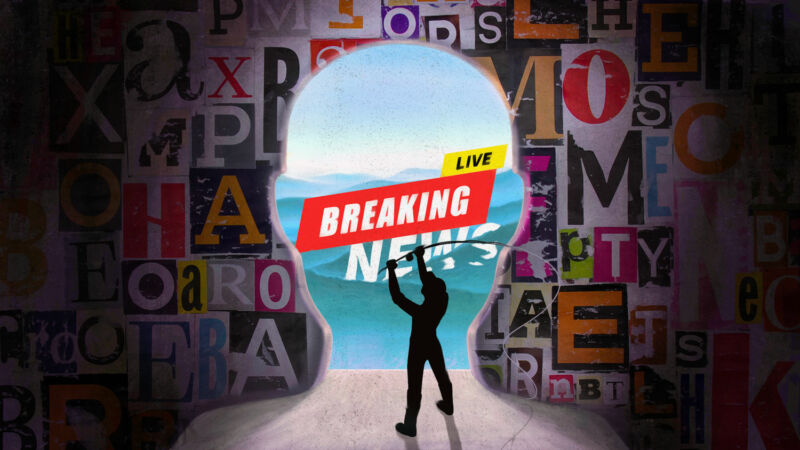Dunning-Kruger meets fake news

Enlarge (credit: Aurich Lawson | Getty Images)
The Dunning-Kruger effect is one of the most famous-and predictable-biases in human behavior. It posits that people who don't understand a topic also lack sufficient knowledge to recognize that they don't understand it. Instead, these people know just enough to convince themselves that they completely grasp the topic, with results ranging from hilarious to painful.
Inspired by the widespread sharing of blatantly false news articles, a team of US-based researchers looked into whether Dunning-Kruger might be operating in the field of media literacy. Not surprisingly, people overestimate their ability to identify misleading news. But the details are complicated, and there's no obvious route to overcoming this bias.
Evaluating the newsMedia literacy has the potential to limit the rapid spread of misinformation. Assuming people care about the accuracy of the things they like or share-something far from guaranteed-a stronger media literacy would help people evaluate if something is likely to be accurate before pressing that share button. Assessing the credibility of sources is an essential part of that process.
Read 13 remaining paragraphs | Comments